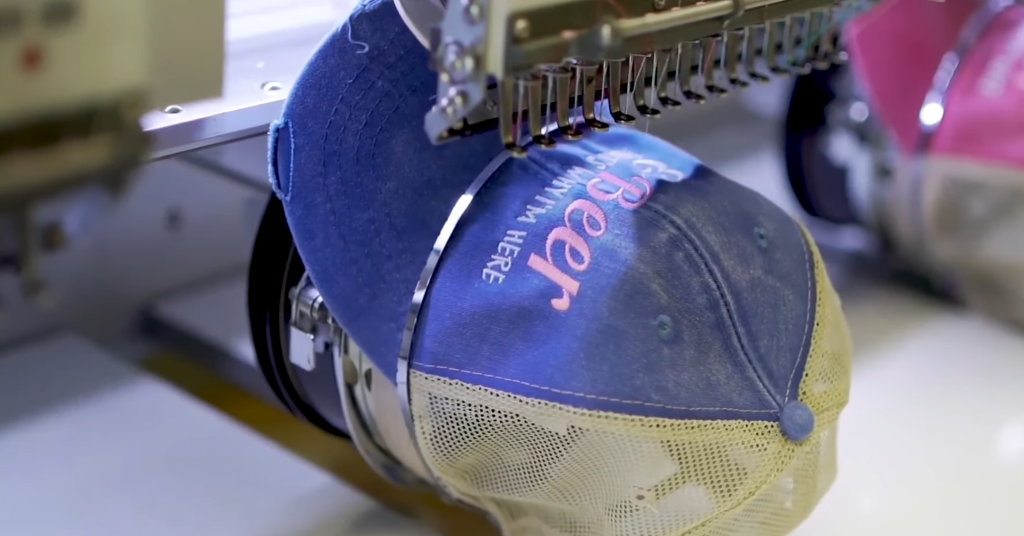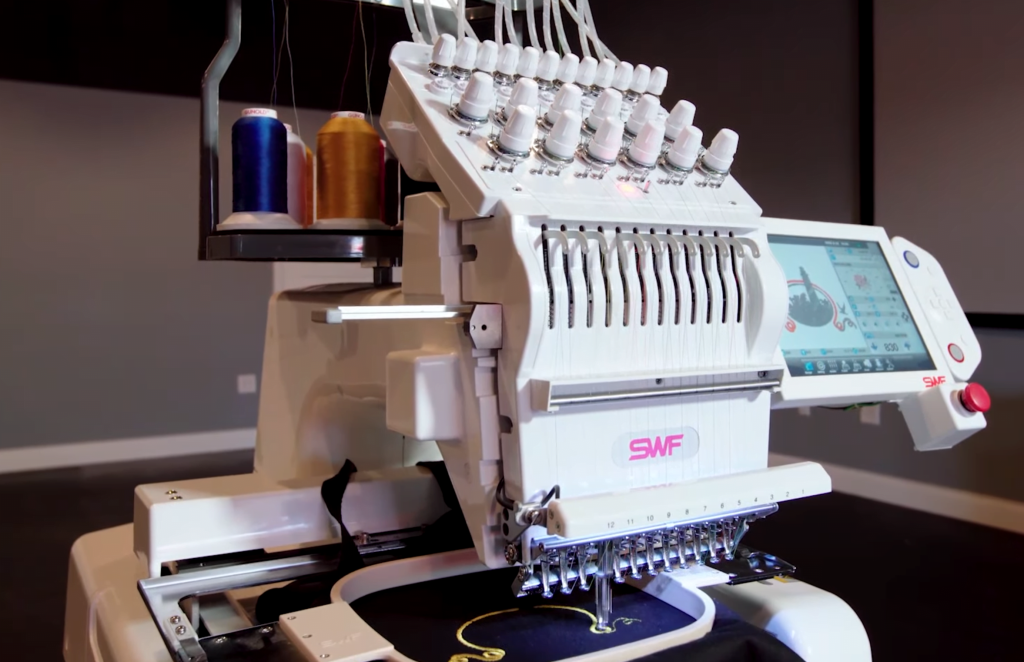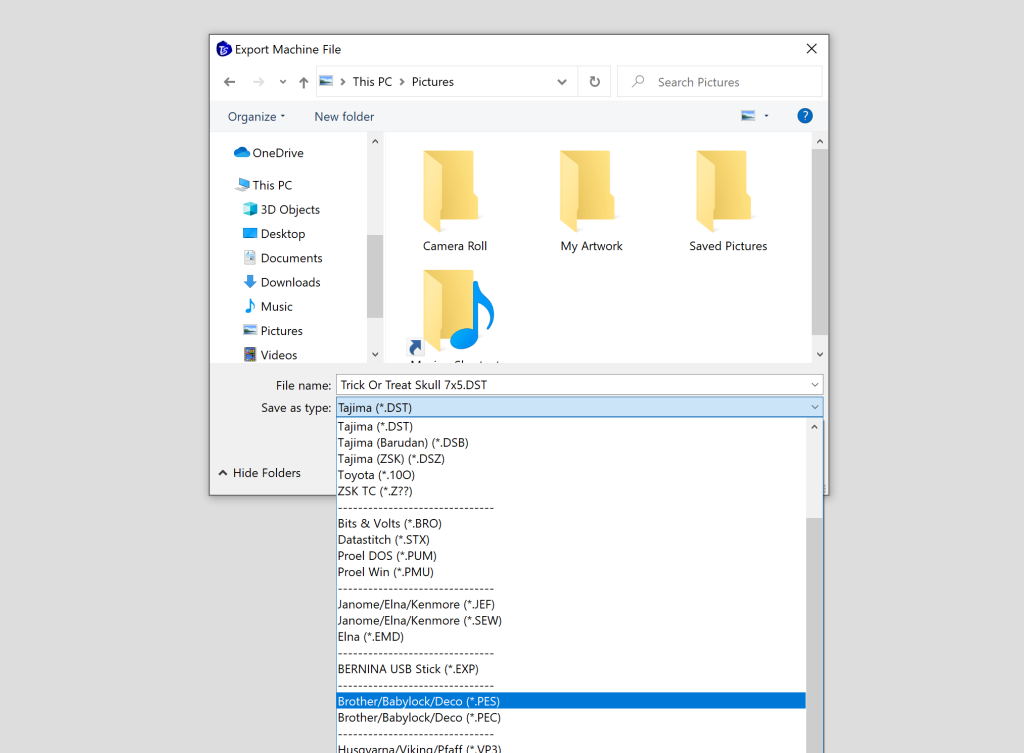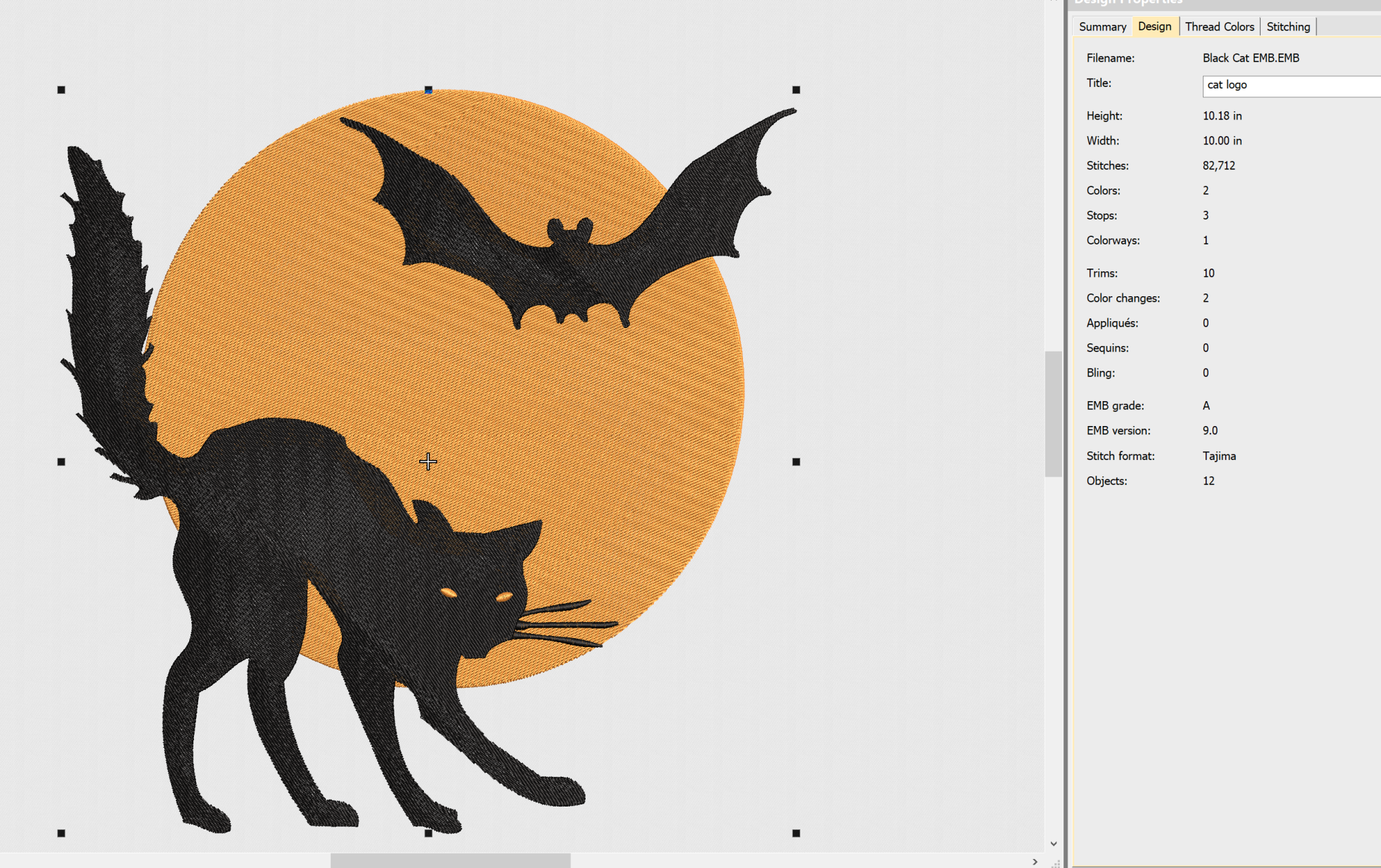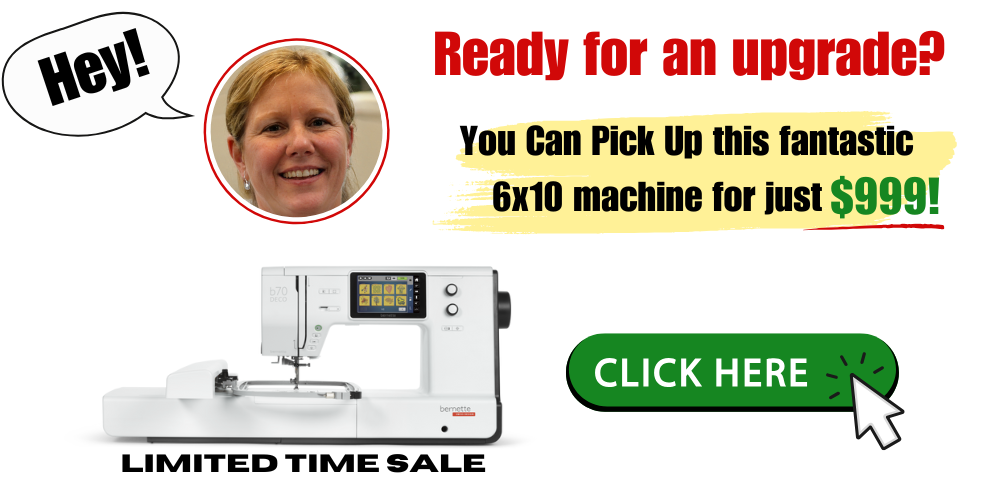Machine embroidery can produce many profitable items to sell, and if you’ve been looking to start an Etsy business, custom embroidery can be a great money maker! However, it’s important to get your pricing figured out straight away or it’s easy to find yourself working for free.
In this article, we’ll talk about how to price your embroider work and make sure that your business is staying profitable. Let’s get crafting!
Tallying the Cost Factors of Embroidery
In order to come up with a fair pricing strategy, we first need to understand our costs. By breaking down the components that contribute to the overall expense, embroiderers can develop a transparent and fair pricing strategy that not only covers operational costs but also ensures profitability.
Material Costs
Using high-quality threads and embroidery stabilizers ensures better results for customers and less headaches for you, but it also means your expenses are higher.
Machine Maintenance and Depreciation
Your costs do not end at your materials! Embroidery machines are expensive, especially multi-needles. Even the cheapest multi-needle will run you $4,000+. These machines also need regular maintenance to keep them running.
Set reasonable depreciation rates to allocate a portion of the machine’s initial cost to each project. This allows you to make sure you’re making enough profit to pay for future repairs or upgrades for your business that you will need eventually.
Labor Costs
It’s also important to pay yourself and any help you need to hire. Will you be digitizing embroidery designs yourself, or will you hire someone to digitize?
Embroidery and digitizing are skilled work, and you should be paying yourself a fair hourly wage. Make sure to be honest with yourself about how long these tasks actually take to complete.
You should also keep in mind that unlike a regular 9-5 job, you don’t get paid time off for vacation or illness! Your business needs to make enough money to cover your expenses during this downtime.
How to Set Your Prices
Per-Item Pricing
Per-item pricing is common with machine embroidery, and if you’re selling pre-made designs that you know the costs of backwards and forwards, it’s a good method.
However, you can also use this method with customized items, such as items with names on them, as long as you make sure the embroidery stays the same size and similar design.
Hourly Rate Pricing
Unless you’re doing intricate custom work this one will be a hard sell, and you’re going to need a lot more experience to know exactly how much time a project will take. People who are coming to you for custom embroidery do not want a surprise bill after the fact!
Package Pricing
If you’re selling bulk items to other businesses, then package pricing is the way to go. You’ll create multiples of the same exact design, and in most cases, they will want a discount for buying bulk.
Offering a small discount per item incentivizes large orders, and it allows you to make a lot more profit in one go from a customer that is very likely to order from you again in the future.
Just make sure to clearly outline what each package includes, and don’t forget to set limits for things like digitizing! If you don’t set clear boundaries you’ll quickly find that many customers do not understand the labor and costs of digitizing larger designs.
Pricing Per 1,000 Stitches
Pricing per 1,000 stitches is also a popular way to price embroidery, but it could create problems. Most customers will not understand this pricing model, and it could make them either reluctant to purchase, or confused about the whole process.
People who are buying custom embroidery from you have no idea how many stitches their design has and this creates more barriers. In my opinion, having per-item or bulk packages where you’ve already established profitable guidelines is better.
If you need to price for digitizing, an alternative would be to set tiered pricing based on sizes or difficulty and include examples of each. This is much easier for customers who don’t know anything about machine embroidery to understand.
Additional Charges
Inevitably, somebody will ask for something outside your general pricing and it’s best to be prepared for it. Her are some scenarios in which you may want to add extra charges to cover yourself and make sure you are staying profitable.
Rush Orders
Rush orders are stressful and disruptive to your work flow. If a customer wants a quick turn around they should pay you for that as an added service.
Specialty Threads and Materials
It’s also helpful to make an FAQ for upgrades. Make sure your customers know that things like metallic threads are premium materials and will come at an up charge.
Having a chart with tiers for different services or products can help clear up confusion and also help your clients budget their project. For example, you can set tiered pricing for budget, mid-level, and premium shirts and let them decide whether the extra fee is worth it or not.
Consultation and Design Services
Establishing boundaries with customers early on is important for preserving your precious time. An initial short consultation about their order should be included, but don’t let it get out of hand.
If they think they need to have lengthy calls with you or need extensive design work that is outside the scope of your typical customer, make sure you’re charging for that service.
Sample Embroidery Pricing Spreadsheet/Table
Need a little help? Here’s a sample embroidery pricing spreadsheet in the form of a table. You can use this as a guide to fill in your own pricing and offered services.
| Number of Stitches | 7 or Under Pieces | 8-14 Pieces | 15-29 Pieces | 30-74 Pieces | 75-149 Pieces | 150-299 Pieces | 300-599 Pieces | 600-999 Pieces | 1000-4000 Pieces |
|---|---|---|---|---|---|---|---|---|---|
| Up to 4000 | $7.40 | $4.30 | $3.55 | $3.10 | $2.75 | $2.25 | $2.00 | $1.85 | $1.70 |
| Up to 5000 | $7.75 | $4.45 | $3.70 | $3.30 | $2.90 | $2.40 | $2.25 | $2.00 | $1.85 |
| Up to 6000 | $8.05 | $4.60 | $3.80 | $3.45 | $3.05 | $2.55 | $2.35 | $2.20 | $2.05 |
| Up to 7000 | $8.40 | $4.75 | $3.90 | $3.55 | $3.15 | $2.75 | $2.50 | $2.35 | $2.20 |
| Up to 8000 | $8.70 | $4.95 | $4.00 | $3.65 | $3.35 | $2.90 | $2.70 | $2.50 | $2.35 |
| Up to 9000 | $9.05 | $5.15 | $4.10 | $3.75 | $3.50 | $3.10 | $2.85 | $2.65 | $2.45 |
| Up to 10000 | $9.30 | $5.35 | $4.20 | $3.90 | $3.70 | $3.35 | $3.05 | $2.80 | $2.55 |
| Each Addtl. 1000 stitches | $0.60 | $0.45 | $0.35 | $0.30 | $0.28 | $0.27 | $0.26 | $0.25 | $0.24 |
| Additional Services | Cost Per Piece |
|---|---|
| Metallic Thread | Add $0.40 per piece |
| Fleece | Add $0.25 per piece |
| Excessive Thread Color Changes | Add $0.50 per piece |
| Rush Charge (under 5 business days) | $20.00 per order |
| Puff Embroidery | Add $1.30 per piece |
In closing, the main takeaways here are: know your costs, make sure you’re paying yourself, and be sure to set expectations with clients early to avoid headaches and confusion.

Barb, our resident quilter and embroidery aficionado, weaves a thread of creativity through our collection. Serving as the curator of machine embroidery content, Barb infuses each design with a touch of her artistic expertise. The free embroidery patterns you discover on our site often bear the mark of Barb’s craftsmanship. Let’s get crafting!
